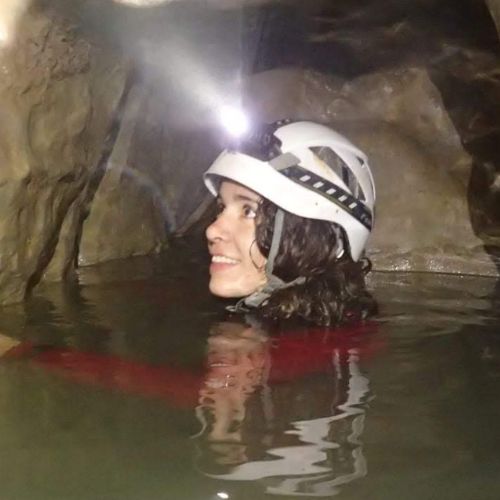
Tuneu Corral Carme
Carme Tuneu-Corral completed her PhD in 2025 at CIBIO (Research Center in Biodiversity and Genetic Resources, University of Porto), BiBio (Biodiversity and Bioindicators Research Group, Natural Sciences Museum of Granollers) and GCC (Global Change and Conservation Research Group, University of Helsinki). She has focused her research on the role of bats as suppressors of agricultural insect pests. She has been working in Huesca (Spain) assessing the top-down effect of bats in rice fields as well as doing an economic evaluation of the ecosystem services provided by bats in this crop. She is also studying the effect of bat ultrasounds on the behaviour of the rice borer moth, the most important rice pest extended worldwide. She will also assess diet of endemic bats in Madagascar in order to identify which species are providing ecosystem services to agriculture in this country.
Carme did her Bachelor degree in Biology at the University of Barcelona (UB, 2010 – 2015), during which she was enrolled in a project evaluating the human-wildlife conflict in a pinniped colony in Uruguay. She studied a Master's degree in Terrestrial Ecology and Biodiversity Management at the Autonomous University of Barcelona (UAB, 2016-2017), participating in a project focused on chimpanzee conservation in Cameroon. She also collaborated in an environmental education project in Nepal, working with local communities in remoted areas of the Himalayas.
In 2018 she started working in the bat research unit of the Natural Sciences Museum of Granollers. Since then she has been involved in several projects such us the study of bats as biological indicators of the ecosystem's health, the monitoring of hibernating bat roosts in Catalonia or the echolocation plasticity of the soprano pipistrelle in Ebro's Delta. In 2020 she started her PhD and she's now organising her first expedition to Madagascar, financed by the National Geographic Society and the Bat Conservation Trust (BCI) organization.



